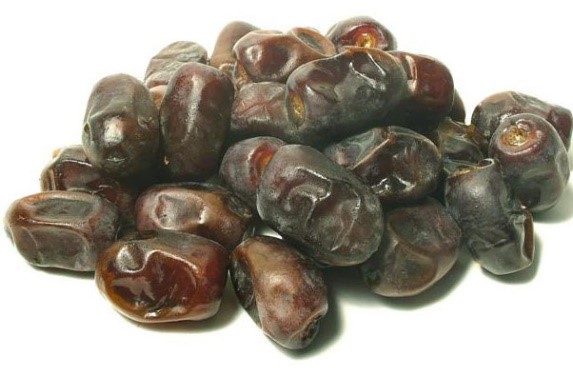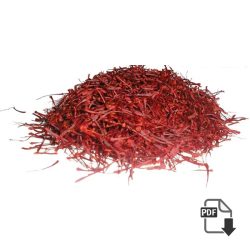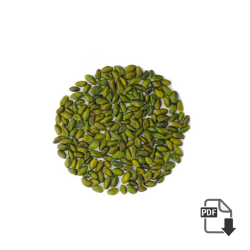Preserve Freshness for Culinary Delights
Thyme is a versatile herb beloved in kitchens around the world for its aromatic flavor and health benefits. Drying thyme is an excellent way to preserve its freshness, making it available for use year-round. In this article, we’ll explore the best methods to dry thyme, ensuring you maintain its rich flavor and aroma.
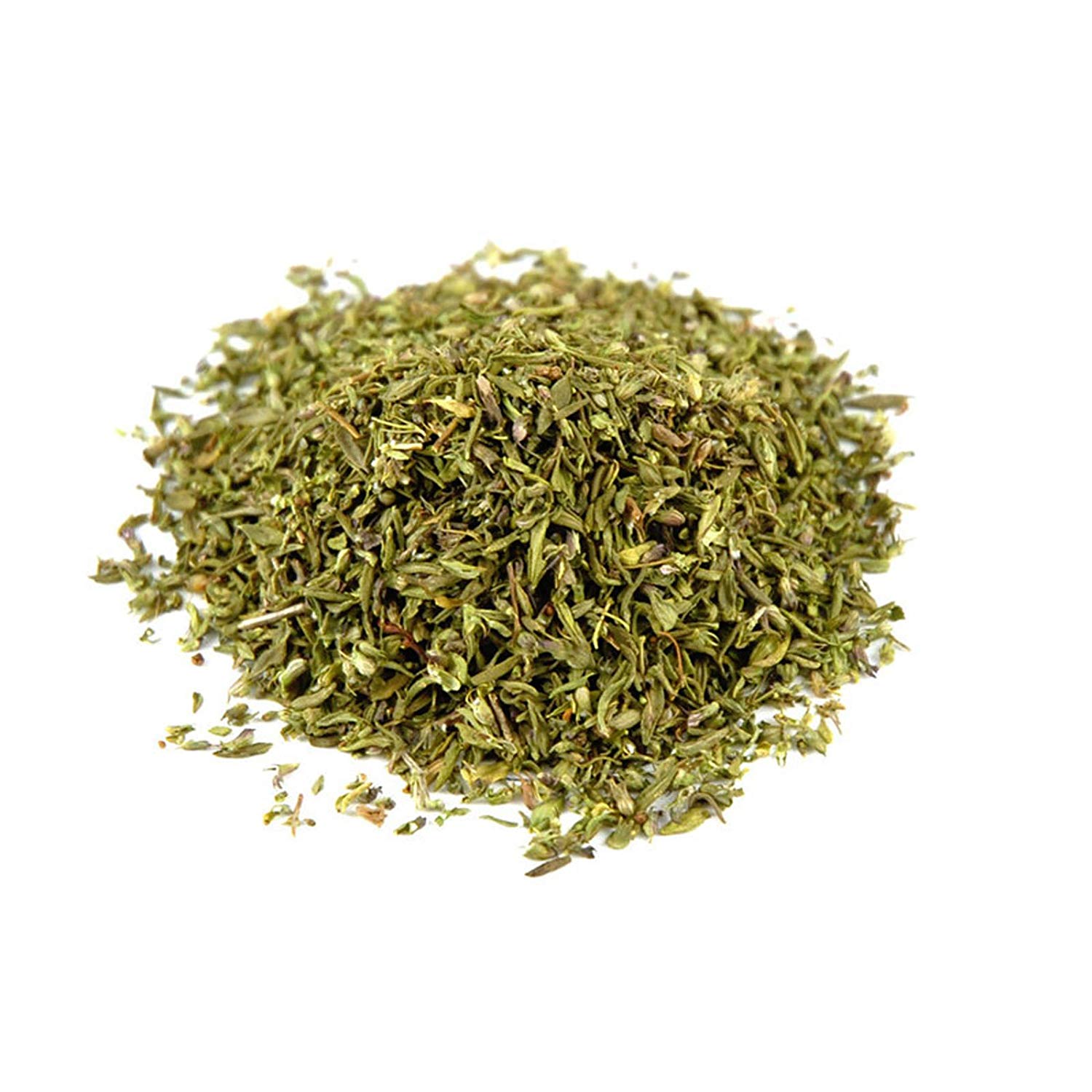
Why Dry Thyme?
Drying thyme has several advantages:
- Extended Shelf Life: Dried thyme can last for months when stored properly, allowing you to enjoy its flavor long after the fresh herb has wilted.
- Convenience: Having dried thyme on hand means you can add its aromatic taste to your dishes without needing fresh herbs.
- Space-Saving: Dried herbs take up less space than fresh ones, making them easier to store in your pantry.
How to Dry Thyme: The Best Methods
- Air DryingAir drying is the most straightforward and traditional method to dry thyme. Follow these steps:
- Harvest the Thyme: Pick fresh thyme stems early in the morning after the dew has evaporated but before the sun is too hot. This helps preserve the essential oils.
- Bundle the Stems: Gather a handful of thyme stems and tie them together with twine or string.
- Hang to Dry: Hang the bundles upside down in a warm, dry, and well-ventilated area away from direct sunlight. A dark cupboard or pantry is ideal. Ensure there’s enough space between the bundles for air circulation.
- Wait for Drying: Depending on the humidity and air circulation, thyme will typically take 1 to 2 weeks to dry completely. The leaves should feel crispy and crumble easily when touched.
- Oven DryingIf you’re short on time, oven drying is a quick and efficient method:
- Preheat the Oven: Set your oven to the lowest temperature, typically around 170°F (75°C).
- Prepare the Thyme: Rinse fresh thyme and pat it dry with a paper towel. Spread the leaves evenly on a baking sheet lined with parchment paper.
- Dry the Thyme: Place the baking sheet in the oven and leave the door slightly ajar to allow moisture to escape. Check the thyme every 15 minutes to ensure it doesn’t burn. It should be fully dry in about 30 to 45 minutes.
- Cool and Store: Once dry, allow the thyme to cool before storing it in an airtight container.
- Dehydrator MethodUsing a food dehydrator is another excellent option for drying thyme, as it provides consistent heat and airflow:
- Prepare the Thyme: Rinse and dry the thyme as mentioned above.
- Arrange on Trays: Spread the thyme leaves evenly on the dehydrator trays, ensuring they are not overlapping.
- Set the Temperature: Dehydrate at 95°F to 115°F (35°C to 46°C) for about 2 to 4 hours or until completely dry.
- Check for Doneness: The leaves should be brittle and crumble easily.
The Incredible Benefits of Thyme
Storing Dried Thyme
To preserve the flavor and aroma of dried thyme:
- Use Airtight Containers: Store dried thyme in airtight glass jars or containers to protect it from moisture and light.
- Label and Date: Always label your containers with the date of drying to keep track of freshness. Dried thyme typically lasts for about 1 to 3 years.
other products
-
Whole dried apricot Special wholesale price + analysis + sale offer
This variety is very sweet with an orange color. Sulfur is added to whole dried apricots in order to maintain the natural color, prevent bug infestation, and increase preservation.
-
Dried lime Powder
Dried Lime: Producer area: Fars, Hormozgan How to store: Fresh dried lime is in mustard color and sour taste. Dried lime in big size and darker color is the one with high quality. It can be stored in dry place…
-
Dried Prune
Since time immemorial, dried plume has been reputed for its anti-conception properties. However its benefits have gone beyond this. Wishing to lose some weight, we highly recommend you to put dried plume to your diet, either in your food or…
-
Sargol Saffron | most economical saffron for import
Sargol Saffron | most economical saffron for import : sargol saffron consists only of Dark Red Stigma (thread) Tips. So. in other words all the white and orange parts are removed. This saffron is the second most expensive type of…

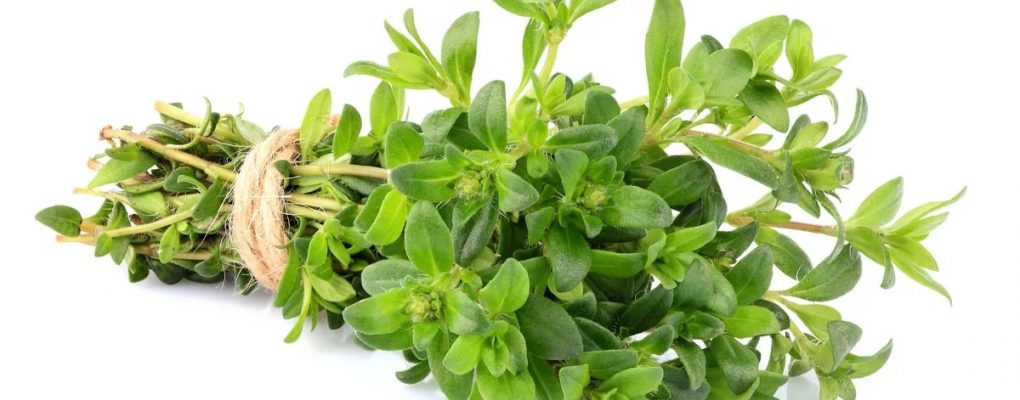
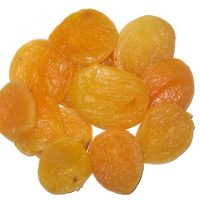
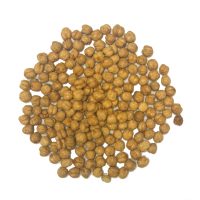
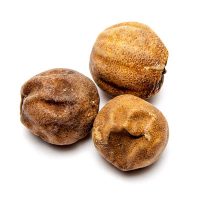
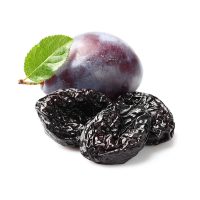
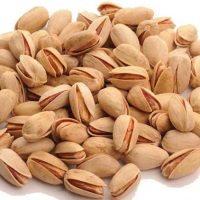
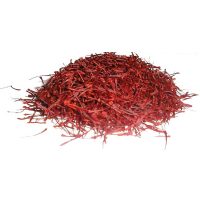

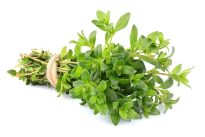
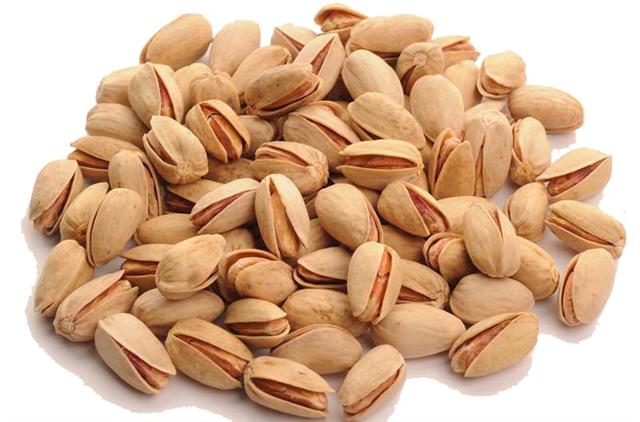
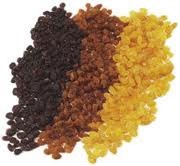 3 kind raisin
3 kind raisin 